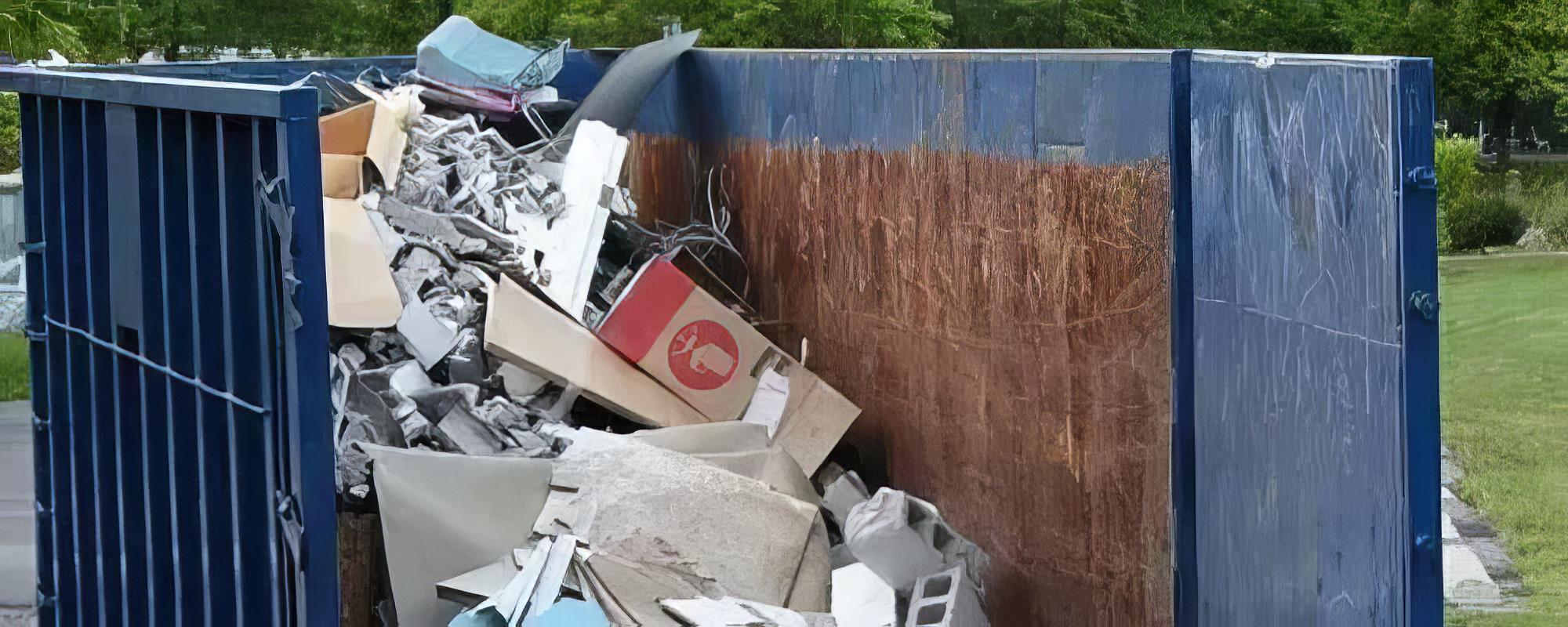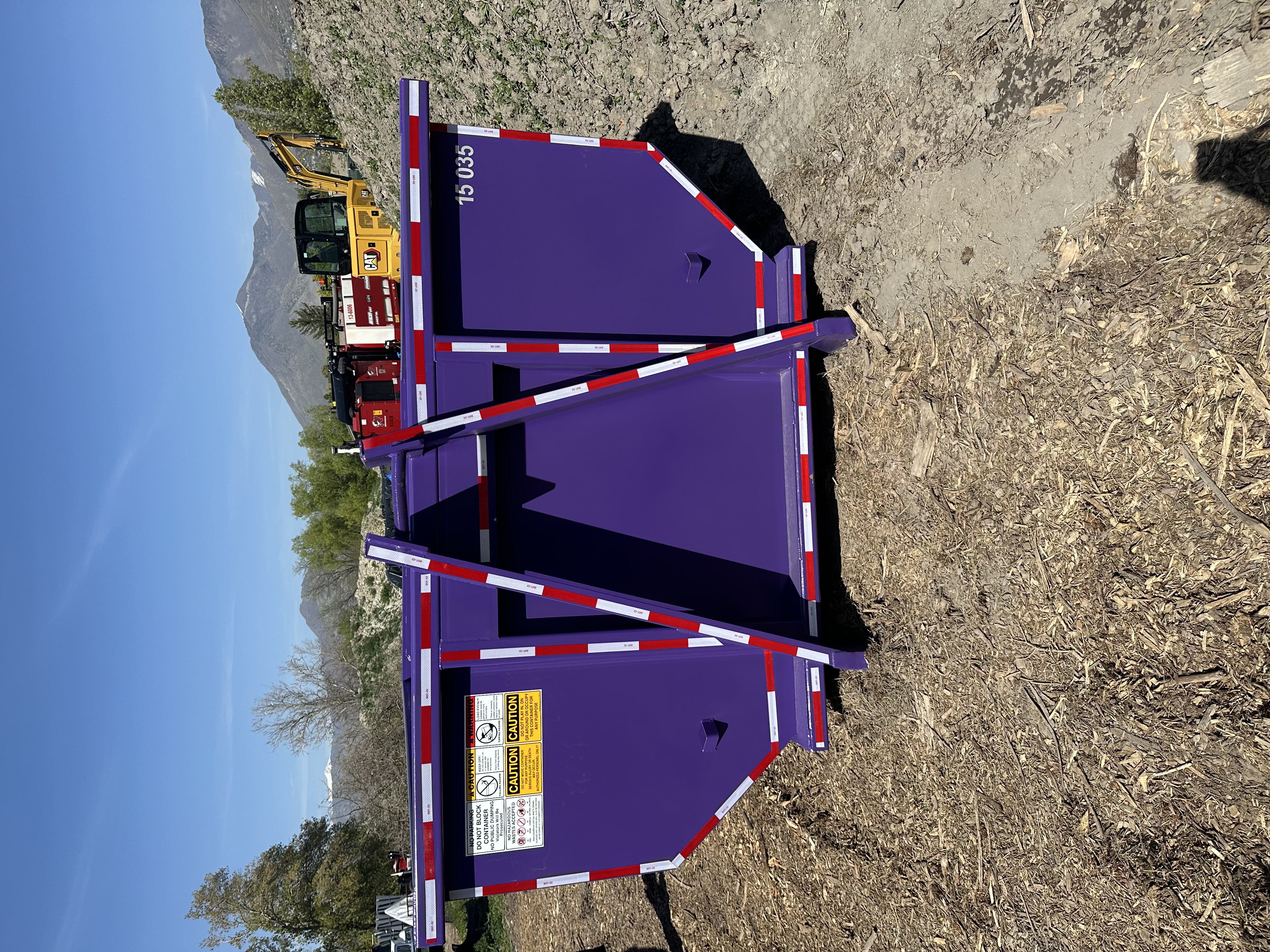Home Renovation Waste Disposal: A Complete Guide
Transform your home renovation project with proper waste disposal strategies. From kitchen remodels to basement finishes, learn how to manage waste efficiently while saving money and protecting the environment.
Table of Contents
Home Renovation Waste Disposal Guide
Home renovation projects generate significant amounts of waste that need proper disposal. From demolition debris to construction materials, understanding how to manage this waste efficiently can save you time, money, and ensure compliance with local regulations.

Whether you're updating a kitchen, remodeling a bathroom, or undertaking a full home renovation, this guide will help you navigate the waste disposal process effectively.
💡 Pro Tip
Start planning your waste management strategy before the first hammer swing. Proper planning can save you 20-30% on disposal costs and prevent project delays.
Types of Renovation Waste
Home renovation projects produce various types of waste, each requiring different disposal methods. Understanding these categories helps in planning your waste management strategy.

Demolition Debris
- Drywall and plaster materials
- Wood framing and lumber
- Concrete and masonry waste

Construction Materials
- Excess lumber and plywood
- Insulation and roofing materials
- Electrical and plumbing waste

Specialty Waste
Some renovation waste requires special handling due to environmental concerns or safety issues. Proper identification and disposal of these materials is essential.
- Hazardous materials: Lead paint, asbestos, chemical solvents
- Appliances: Old refrigerators, dishwashers, HVAC units
- Electronics: Wiring, switches, outlets, and fixtures
Pre-Renovation Waste Assessment
Before starting any renovation project, conducting a thorough waste assessment helps in planning disposal strategies and estimating costs. This assessment should be part of your overall project planning.

Assessment Checklist
Room-by-Room Analysis
Kitchen renovations, bathroom remodels, basement finishes
Material Volume Estimation
Square footage calculations, linear measurements, fixture counts
Waste Factor Planning
Add 10-15% for cutting and breakage
Timeline Integration
Coordinate waste removal with project phases
Dumpster Selection for Renovation Projects
Choosing the right dumpster size is critical for renovation projects. The wrong choice can lead to multiple pickups, increased costs, and project delays.
Dumpster Size Guide for Renovations
10-15 Yard
Small renovations
Perfect for bathroom remodels, small kitchen updates, or single-room projects
20-30 Yard
Medium renovations
Ideal for kitchen remodels, basement finishing, or multi-room projects
40 Yard
Large renovations
Best for whole-house renovations, additions, or major structural changes
Waste Sorting and Organization Strategies
Effective waste sorting during renovation projects increases recycling rates, reduces disposal costs, and improves project efficiency. Implementing a sorting system from day one pays dividends.
Recycling Opportunities
Metals
Copper, aluminum, steel - often have scrap value
Wood
Untreated lumber can be reused or chipped for mulch
Concrete
Can be crushed and reused as aggregate
Appliances
Many contain valuable metals and components
Cost Management and Budgeting
Understanding the costs associated with waste disposal will help you budget effectively and avoid unexpected expenses during your renovation project.
Typical Waste Disposal Costs
Environmental Considerations and Sustainability
Modern renovation projects emphasize environmental responsibility. Implementing sustainable waste management practices reduces environmental impact and can provide cost savings.
🌱 Sustainable Practices
Material Recovery
- • Sell or donate reusable items
- • Partner with Habitat for Humanity
- • Use local recycling facilities
Waste Prevention
- • Careful material planning
- • Efficient cutting strategies
- • Reuse of suitable materials
Safety Considerations and Best Practices
Safety should always be your top priority when handling renovation waste. Understanding local regulations and proper handling procedures will keep you and your family safe.
⚠️ Safety First
- Always wear appropriate PPE (gloves, safety glasses, dust masks)
- Never attempt to remove asbestos or lead paint without professional help
- Check local regulations for hazardous waste disposal requirements
- Keep children and pets away from construction waste areas
Ready to Start Your Renovation?
Get expert advice on dumpster rental and waste disposal for your home renovation project.
Related Articles
Complete Guide to Dumpster Rental in 2025
Everything you need to know about dumpster rental, from choosing the right size to understanding costs.
Construction Waste Management Strategies
Learn effective strategies for managing construction waste on any project scale.
Commercial Dumpster Rental Solutions
Business-focused waste management solutions for commercial renovation projects.